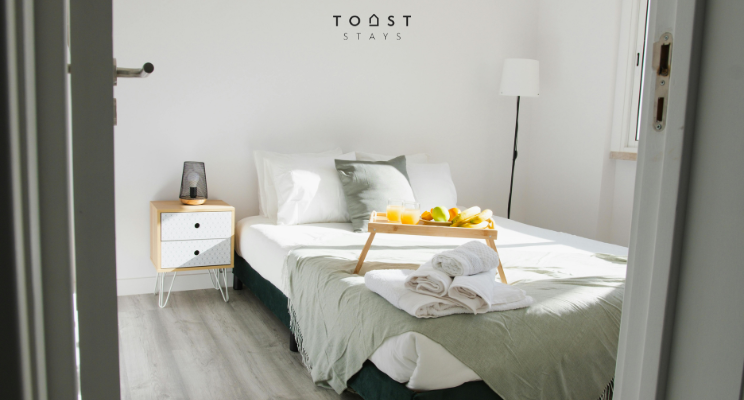Gove’s Airbnb Crackdown – Criticism building

There’s growing anger over restrictions on private homeowners using their properties via Airbnb and other short let platforms.
Earlier this week Housing Secretary Michael Gove announced that planning permission will be required for future short-term lets; that there will be a mandatory national register; and that existing homeowners can continue to let out their own main or sole home for only 90 nights a year – anymore and they will require planning consent.
The rules apply only to the short lets sector involving homeowners and small-scale landlords – not traditional bed and breakfasts or hotels, for example.
Matthew Lesh, Director of Public Policy and Communications at the free market think tank, the Institute of Economic Affairs, says: “The government is scapegoating holiday lets for the housing crisis. Britain’s restrictive planning system, by not allowing enough homes to be built, is the real reason people cannot afford to live in their own communities.
“A national registration scheme and requiring permission to use one’s own property for holiday lets will not fix anything. But it will add to Britain’s red tape nightmare and could end up doing more damage to local communities by hurting their tourism economy.”
Ben Edgar Spier, Head of Regulation and Policy at Sykes Holiday Cottages, welcomes part of the proposals but says such measures do not solve the housing crisis.
He comments: “The announcement of the registration scheme for England’s short-term letting industry has the intention to track the size and impact of the sector and ensure short-term lets are safe, something which Sykes fully supports.
“Short-term lets are the economic lifeblood of many parts of the UK and a register to provide accurate data was clearly needed before any further regulation risks unforeseen impacts on communities and visitors alike.
“We welcome the registration scheme being national, mandatory, and presumably online. Our hope and expectation is that it will give our market some much needed clarity and drive compliance across the country.
“On the target to deliver one million homes this Parliament, we note that there are far more underused and vacant buildings in existence as well as land with planning permission, all of which contribute far less if anything to local economies, compared with holiday lets. We would urge the Government to consider measures to incentivise the bringing of those buildings and land into use to boost housing supply.”
The Tourism Alliance, a trade association representing the sector, says it backs a mandatory registration scheme – but that’s all.
The association’s executive director, Richard Toomer, comments: “While we understand the government’s desire to tackle the lack of housing in some areas, it is vital that we don’t harm the visitor economy in destinations which are reliant on a good supply of tourism accommodation.
“We continue to believe that the registration scheme must be implemented first, because it’s only by using the data that this scheme will supply that local authorities can know if and where there are problems, and have solid information on which to base their planning decisions.”
Graham Norwood. This article appeared originally here

